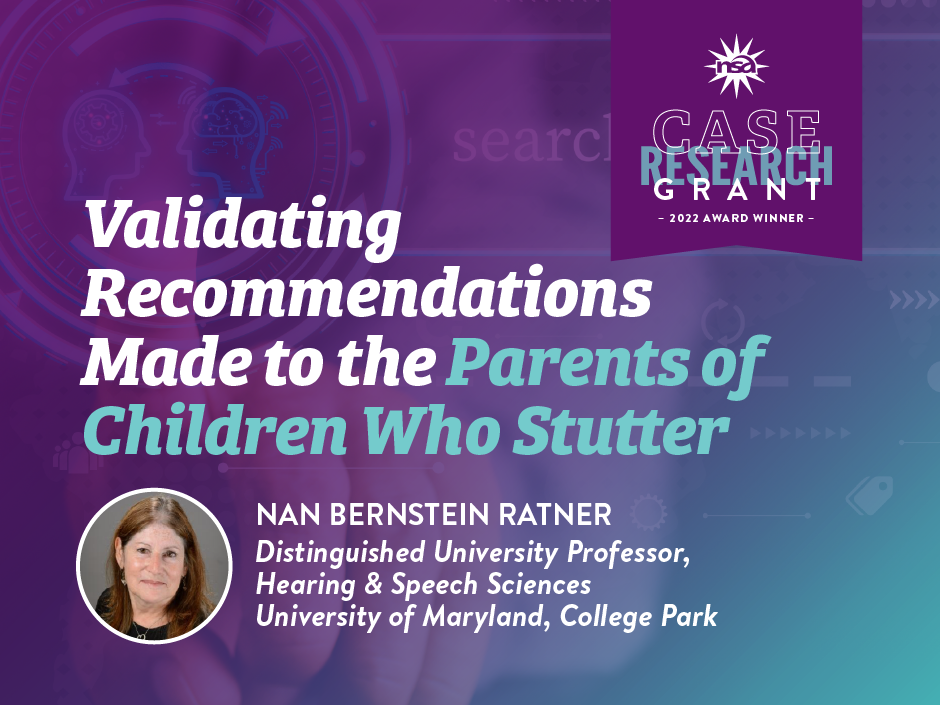Longtime NSA Member David Alpuche Releases New Book About Stuttering
- National Stuttering Association
- Apr 8, 2025
- 4 min read
David Alpuche is a person who stutters (PWS) and is no stranger to the stuttering community or the National Stuttering Association (NSA). After delivering a deeply motivating storyteller speech at last year’s Annual Conference in St. Louis and recently interviewing José Ralat about his stuttering and career journey, he is now coming out with a book, 1000 Answers: What Everyone Should Know About Stuttering.

This book’s roots trace back to the NSA Dallas Chapter, where he was a Chapter Leader. The Chapter frequently hosted panels for university students, where professors would send a list of 20 to 40 questions from students. However, with the panels lasting only around an hour, only 5 to 7 questions could be discussed. David says he always felt there was more they could do for the students, which sparked the idea for the book.
Finding the Inspiration
As David puts it, it's essentially a giant FAQ about stuttering, featuring input from people from all over the world. For him, the goal of this book was twofold:
“I began to notice that students (future SLPs) asked us the same questions year after year,” says David. “One day, I began documenting them and writing brief stories about each. Once I thought I had answered all of them, I began interviewing people from around the world and asking them those questions because I knew that stuttering is a very subjective experience.
“The second goal was to provide a guide for people who stutter themselves. When I was growing up, I had many questions that nobody around me knew how to answer, and having a book like this would have made me feel less alone. The stuttering community talks about ‘the journey,’ but I feel we lacked a map. So I wrote one!”
Book Writing: A Journey Through Time
David found that answering these questions wasn’t necessarily difficult, but the process of reflecting on his past was eye-opening.
“It forced me to go back in time and put my feelings into words. Looking at memories 10-20 years later allows you to contextualize and see things more objectively, and that was very therapeutic for me.”
One fascinating and heartbreaking question for him was, "What's the craziest thing you have tried to eliminate your stuttering?" David found the answers differed vastly depending on countries and cultures.
When asked how long it took him to complete the book, David quoted Stephen Pressfield: "It's not the writing part that's hard. What's hard is sitting down to write.”
He conceptualized the idea and started collecting the questions around 2016 but didn't start writing until 2020 when the COVID-19 pandemic forced him to find creative ways to stay sane. He finished a first draft by mid-2023 and started sharing it with the stuttering community for feedback and suggestions. The final touches were made in December 2024.
Fighting Stuttering Myths with Facts
Despite the many myths surrounding stuttering, David believes that education and openness are the keys to breaking down misinformation. One of the greatest gifts of the stuttering community, he says, is validation.
David believes his younger self would be awestruck by how many people he now knows because of his stuttering and his newfound love for public speaking. Growing up, he felt isolated, but everything changed when he discovered the NSA. He describes stuttering as “the key to the most incredible community in the world.”
“I didn’t meet another person who stuttered until I was almost 30. For years, I had memories and experiences I never shared. When I started attending NSA meetings, one of the strangest yet most powerful feelings was hearing my own thoughts come from someone else’s mouth. That ‘Oh, you too?!’ moment was liberating.”
David hopes the book gives readers an immersive look into the lives of people who stutter.
“From the outside, it's easy to think that stuttering is just repeating sounds or having blocks, but very few people understand how having trouble speaking affects everything. From introductions to relationships, phone calls to job interviews, stuttering is always on our minds, shaping us profoundly. I want people to understand us.”
After all, stuttering can be disconcerting and uncomfortable for PWS. It can lead to embarrassment, anxiety about speaking, and a fear of stuttering itself.
Changing Public Perception of Stuttering
When asked about the next big step in improving public understanding of stuttering, David’s answer is simple: openness.
“We need more people stuttering openly in the world to see it as normal and combat the ‘I overcame my stuttering’ narrative that has been around us for decades. I want to see people who stutter on TV and in movies being great communicators. At the Annual NSA Conferences, I have met brilliant people, and I know that the fact that they stutter is the least interesting aspect of them. We need to let people hear what we have to say without fear.”
His hope is that 1000 Answers provides the guidance and encouragement he wished he had growing up. “Whether you’re a person who stutters or a professional working with us, I hope this book helps you feel more knowledgeable and prepared to take on whatever challenges come your way.”
Get David Alpuche's New Release
Buy David’s book now on Amazon, Bookshop.org, or Barnes & Noble for $19.95 USD (excluding tax).
For information and resources about stuttering, visit the NSA website at WeStutter.org.




Comments